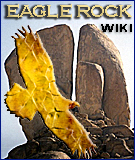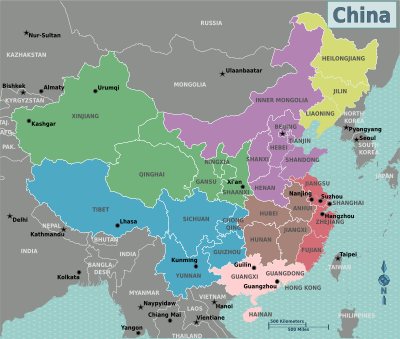Difference between revisions of "Cosmos Times:China"
| Line 1: | Line 1: | ||
| − | [[File:Map of China.svg|400px| | + | {{Cosmos Times}} |
| − | + | [[File:Map of China.svg|400px|right|Map of China]] | |
__FORCETOC__ | __FORCETOC__ | ||
==China's Neo-Confucianism - January 7, 2014== | ==China's Neo-Confucianism - January 7, 2014== | ||
Revision as of 16:06, 11 January 2014
- All pages in The Cosmos Times
This page is part of an archive of articles that were published in The Cosmos Times.
The Cosmos Times provides news concerning the entire cosmos.
Research the facts and keep working on your opinion.
News in The Cosmos Times is selected for the following topics:
- News from the entire cosmos, which means the entire earth and the cosmos beyond it, and also the spirit world.
- News from religions and spiritual movements.
- Central world news for topics such as: Politics, economics, culture & art, science & technology, philosophy, history, culture.
- News concerning developments of native tribes, new communities and new nations trying to achieve autonomy.
There is a Facebook page The Cosmos Times.
- '
China's Neo-Confucianism - January 7, 2014
Read this Foreign Policy article
Given the text's emphasis on obedience, it's not hard to understand why the ruling Communist Party has come to embrace Dizigui in spite of its tumultuous relationship with Confucianism. (During the Cultural Revolution, a violent and turbulent period from 1966 to 1976 aimed at stamping out vestiges of Chinese "feudal" culture, Mao Zedong fiercely denounced the Confucian belief system.) But by 2009, Xi Jinping, then expected to be China's next president, specifically named the text as recommended reading for party cadres. A professor at the Central Communist Party School, which trains Chinese officials, wrote a book called Everybody Should Study Dizigui, and party organizations in far-flung corners of the country have convened study sessions on the text.


